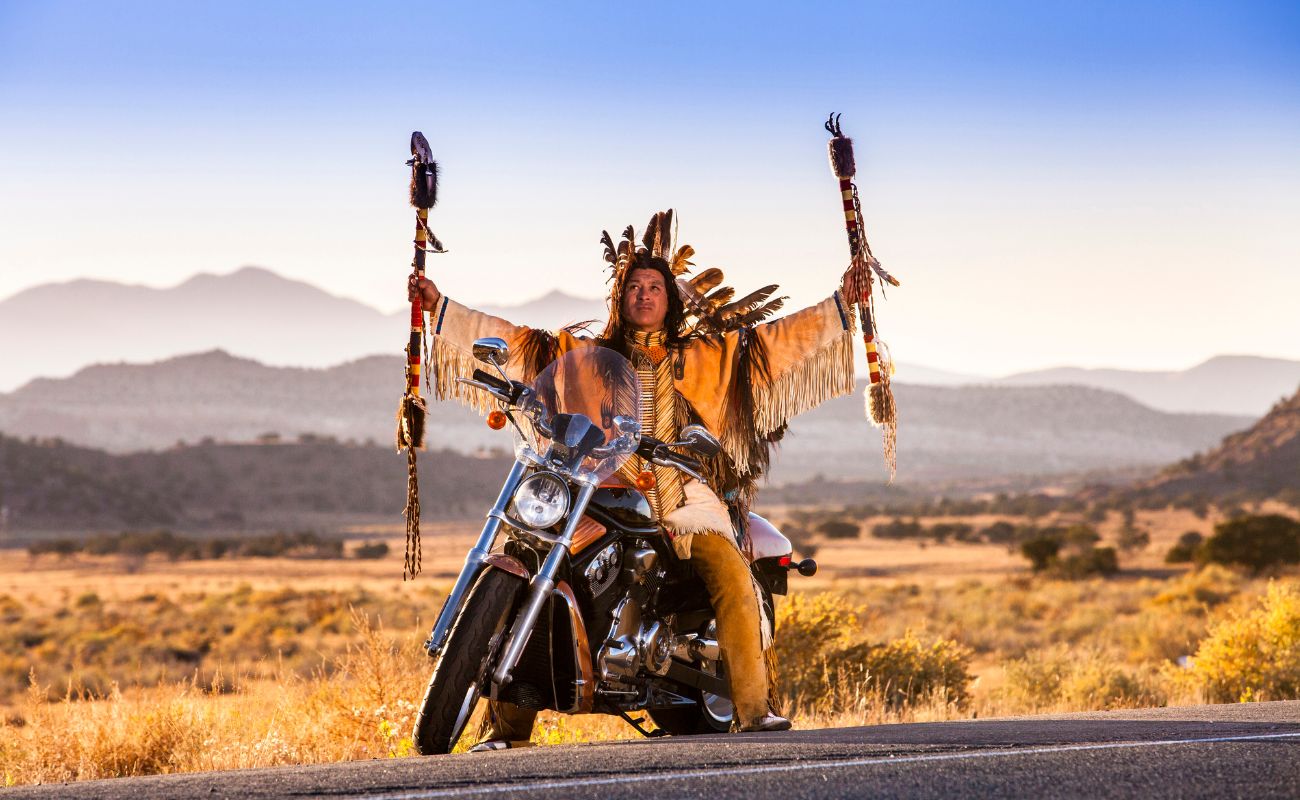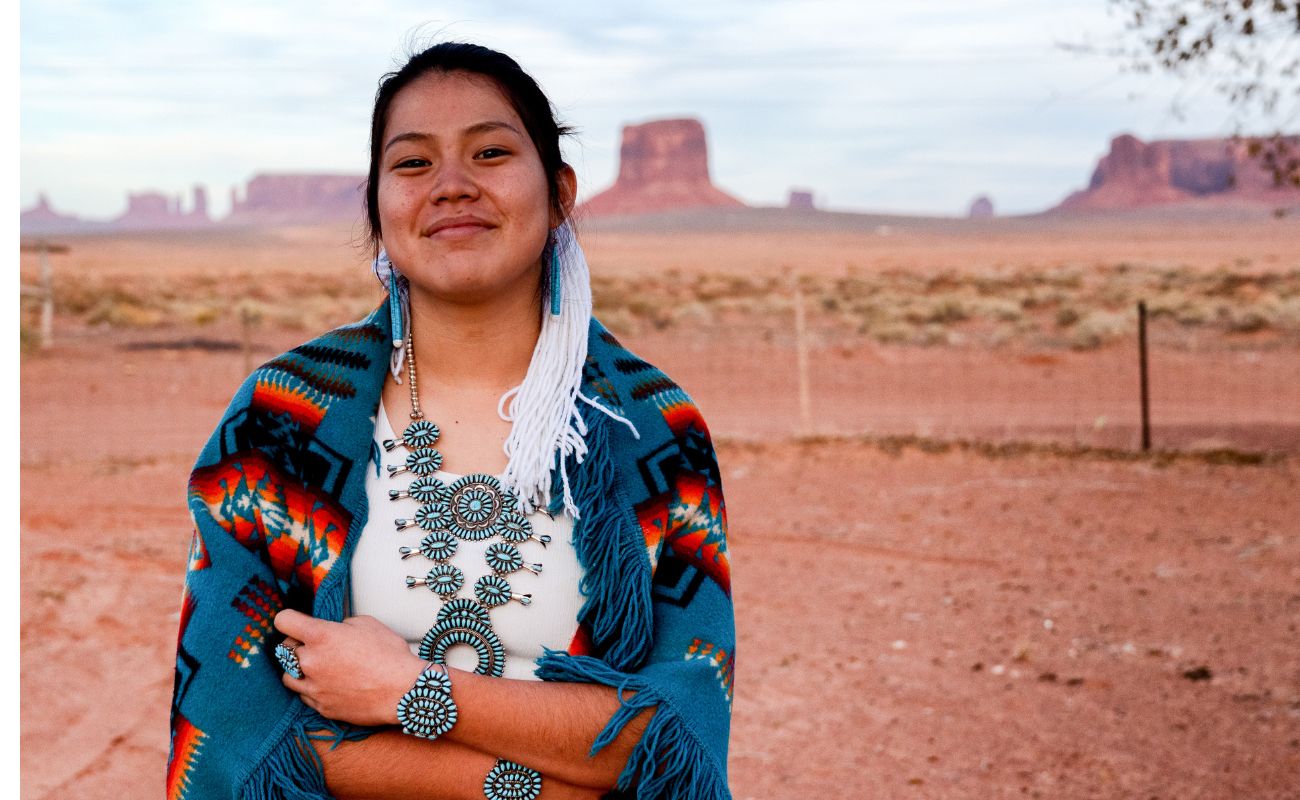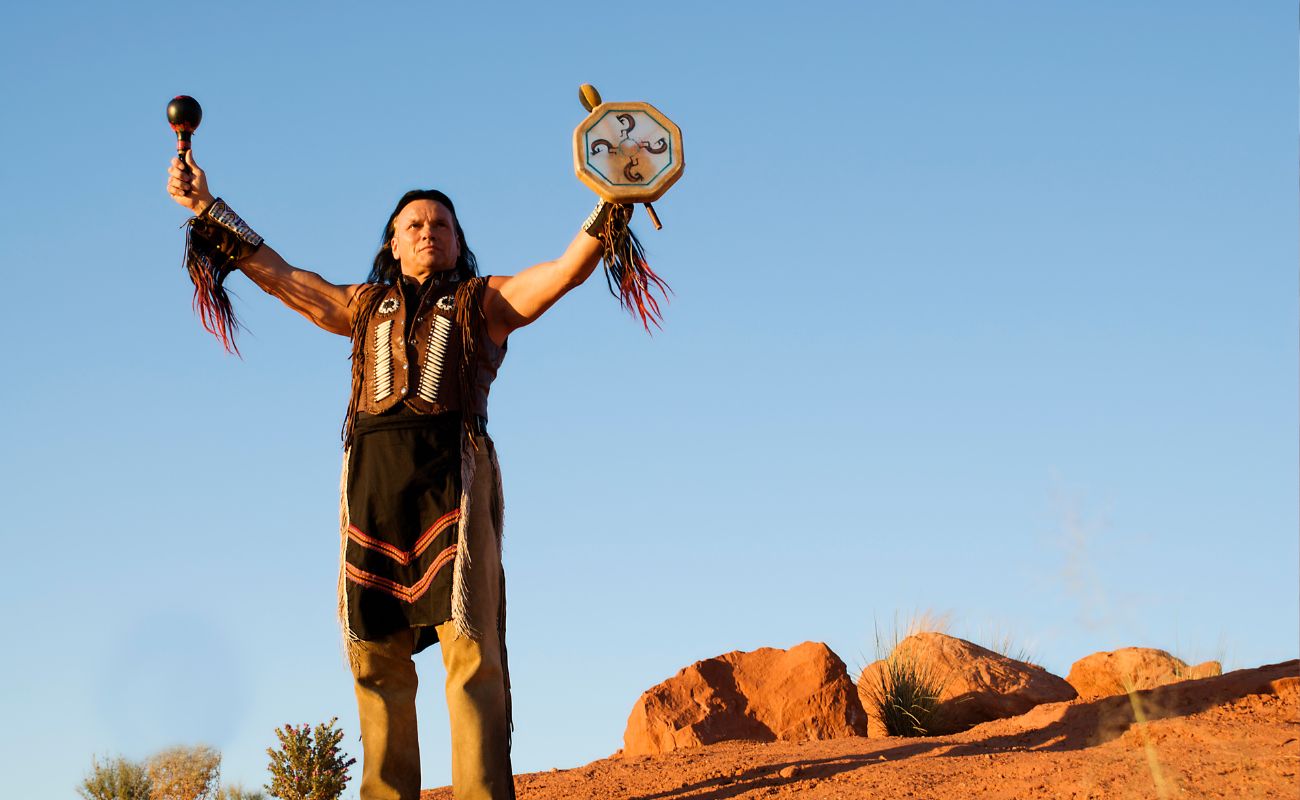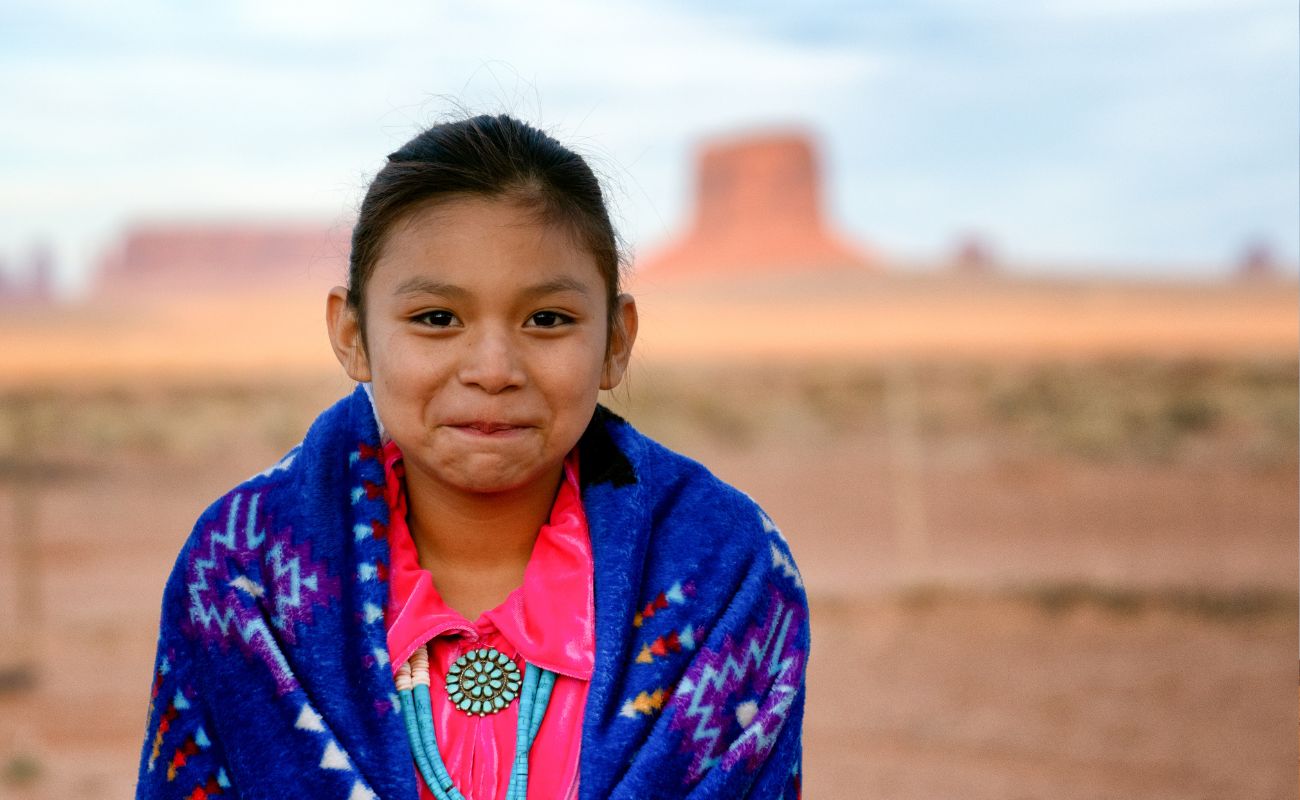Native American culture is rich with tradition, language, and symbolism. Names in Native American communities carry deep significance, often connecting individuals with their ancestors, natural surroundings, and spiritual beliefs. One of the most symbolic and impactful aspects of Native American naming traditions is the meaning behind names like “The First.” This article explores the cultural, historical, and spiritual importance of native american names that convey the meaning of “The First,” offering a deep dive into their origins, uses, and the impact they hold within indigenous communities.

Introduction to Native American Names Traditions
The Cultural Importance of Native American Names
In Native American cultures, names are more than just labels; they are a representation of a person’s identity, community, and relationship with the world. The significance of a name extends far beyond its phonetic sound—names often reflect spiritual meanings, life experiences, family heritage, or the surrounding environment. Unlike many Western naming traditions, where names are frequently chosen from a preset list or based on aesthetics, Native American names are often chosen through a deep connection to the individual’s life journey or spiritual beliefs.
The Process of Naming
The process of naming a child or an adult in Native American cultures can vary depending on the tribe or nation. In many cases, children are not given permanent names at birth. Instead, they may receive a temporary name and later be given a new name when their personality or life path begins to emerge. In some tribes, a person may even receive multiple names throughout their lifetime as their role in society and their personal experiences evolve. This dynamic tradition allows names to reflect personal growth, significant events, and milestones in life.
Names as a Link to Nature and Ancestry
Native American names are also often linked to natural elements, such as animals, weather patterns, or landscape features. This close connection to the natural world highlights the indigenous worldview of living in harmony with nature. Additionally, names may reflect a family’s ancestry, honor a revered ancestor, or convey a position within a tribe. Thus, native american names are both personal and communal, symbolizing individual uniqueness while reinforcing a sense of belonging to a larger social group.

The Symbolism of “The First” in Native American Names
“The First” as a Concept
The concept of “The First” holds powerful connotations in Native American cultures. This idea is deeply embedded in both the spiritual and everyday lives of indigenous peoples, symbolizing creation, leadership, and origin. “The First” can represent the firstborn in a family, the first warrior in battle, or even the first encounter with a significant spiritual entity. Such native american names often carry an elevated status, marking the person as a pioneer, leader, or one with a unique connection to a powerful event or being.
Examples of Names Meaning “The First”
Many Native American tribes have names that directly or indirectly mean “The First.” These names might refer to the first-born child in a family, the first to achieve a particular honor or position, or someone who blazed a trail for others to follow. For example, among the Lakota Sioux, the name “Wakinyan“ (translated as “Thunder Being”) is often associated with the first sign of a storm, a force that brings change. In other tribes, such as the Navajo, a name like “Hastiin“ can symbolize the first man or person to achieve a significant status.
In the Algonquian languages, there are several variations of names meaning “The First.” For instance, the name “Nootau” means “first fire,” referring to the first flame that brings warmth and sustenance. Among the Cherokee, a name like “Agasga” (meaning “The First Rain”) could symbolize the importance of being a life-giving force or heralding a new beginning.
The Role of Gender in “The First” Names
In some Native American cultures, gender can influence the meaning and selection of a name with the connotation of “The First.” For example, the name given to a firstborn male child may signify leadership, bravery, or warrior status, while the firstborn female child’s name might symbolize wisdom, nurturing, or being the matriarch of future generations. In both cases, the name reflects the individual’s anticipated role in society and their connection to the spiritual world.
Spiritual and Leadership Connotations of “The First”
Native American Names Reflecting Spiritual Beginnings
In many Native American cultures, the meaning of “The First” goes beyond temporal leadership or family birth order. It can also have profound spiritual implications. For instance, a person named “The First” may symbolize the first to undergo a particular rite of passage, the first to encounter a spiritual vision, or the first to fulfill a sacred prophecy. These native american names often carry an aura of mysticism, as the individual is seen as having a special connection to the spirit world or the universe.
Among the Hopi, the name “Tawa” represents the first sun or the sun deity, symbolizing the origin of light and life. In the Ojibwe tribe, a name like “Anangokaa” (meaning “The First Star”) reflects the importance of celestial bodies in guiding and protecting individuals on their spiritual journey.
Leadership in the Community
Names meaning “The First” can also indicate leadership and pioneering roles within a tribe. Historically, many Native American leaders were given names that denoted their position as the first to take action in a significant battle or the first to negotiate peace with neighboring tribes or settlers. These names became symbols of respect and honor, carried through generations as family names or titles.
For example, the famous Shawnee leader Tecumseh (whose name is derived from the word for “Panther Across the Sky”) was known for his leadership and vision, and though his name does not explicitly mean “The First,” his role as the first to unite multiple tribes in a confederation against European settlers made him a legendary figure. Similarly, names like Sitting Bull or Geronimo may not directly translate to “The First,” but they carried the essence of being the first to lead their people in times of crisis.
Connection to Creation Myths
The concept of being “The First” is also closely tied to many Native American creation myths. In these stories, the first human or spiritual being often plays a central role in shaping the world and setting the stage for future generations. For instance, in the Cherokee creation myth, Kanati is the “First Man,” a figure who, along with his wife Selu, represents the origin of humanity. Similarly, in Lakota mythology, the first beings like Iktomi (the spider trickster) play a role in the formation of the world and its moral structure.
Native American Names derived from these creation myths often carry a weight of responsibility and honor, as they connect the individual to the origins of their people and their cultural values. Being named after a first being in a creation story can imply that the person has a unique role to play in their community or spiritual practices.

The Evolution of Native American Names in Modern Times
The Impact of Colonization on Naming Traditions
The arrival of European settlers had a profound impact on Native American naming traditions. Many indigenous people were pressured to adopt Christian names or European naming customs, which often erased or diminished the cultural significance of their original names. This cultural suppression extended to the forced assimilation of Native American children into boarding schools, where they were often stripped of their native names and given Anglo-American ones.
Despite these challenges, many Native American communities have worked hard to preserve their naming traditions. In recent decades, there has been a resurgence of interest in indigenous languages and naming customs, as many Native American people seek to reconnect with their cultural heritage. As part of this revival, names meaning “The First” are being reclaimed as symbols of resilience, survival, and pride in one’s roots.
Modern Interpretations of “The First”
In today’s Native American communities, names that carry the meaning of “The First” continue to evolve. While traditional names remain important, many individuals are also adopting new interpretations that blend modern and ancient meanings. For instance, some people might choose names that reflect “The First” in terms of modern achievements, such as being the first in their family to graduate from college, the first to hold a political office, or the first to achieve recognition in a particular field.
Names like “Aponivi” (meaning “The First to Lead in War”) from the Hopi tribe might now be used metaphorically to describe someone leading a charge in a non-military setting, such as activism or education. Similarly, a name like “Mahpiya” (meaning “The First Cloud”) might be given to a child who is seen as a trailblazer or a visionary for their community.
The Role of Naming Ceremonies in the Modern Era
Many Native American tribes continue to hold naming ceremonies as an important part of their cultural practices. These ceremonies provide an opportunity for individuals to receive names that reflect their life’s journey, their place within the community, and their spiritual path. For those who receive names meaning “The First,” these ceremonies are particularly meaningful, as they often include blessings for leadership, protection, and guidance.
Naming ceremonies have also become a way for Native American people to pass on cultural knowledge and values to younger generations. In this way, the tradition of giving names that mean “The First” helps preserve the importance of indigenous languages, spiritual beliefs, and community values in the face of ongoing challenges and cultural change.
Male Native American Names:
- Ahanu (Algonquin) – He laughs
- Ahote (Hopi) – Restless one
- Atohi (Cherokee) – Tree
- Chayton (Sioux) – Falcon
- Dasan (Mi’kmaq) – Chief
- Elu (Zuni) – Full of grace
- Etu (Sioux) – Sun
- Hakan (Lakota) – Fire
- Hania (Hopi) – Spirit warrior
- Honaw (Hopi) – Bear
- Hototo (Hopi) – Warrior spirit who sings
- Iye (Sioux) – Smoke
- Kitchi (Algonquin) – Brave
- Kosumi (Hopi) – He hunts fish
- Lansa (Hopi) – Lance
- Makya (Hopi) – Eagle hunter
- Mato (Sioux) – Bear
- Nodin (Ojibwe) – Wind
- Onacona (Cherokee) – White owl
- Takoda (Sioux) – Friend to everyone
- Tasunka (Lakota) – Horse
- Tawa (Hopi) – Sun God
- Wapi (Sioux) – Lucky
- Wicasa (Sioux) – Sage, wise
- Yuma (Navajo) – Son of the chief

Female Native American Names:
- Aiyana (Cheyenne) – Eternal blossom
- Aponi (Blackfoot) – Butterfly
- Catori (Hopi) – Spirit
- Chenoa (Cherokee) – White dove
- Elu (Zuni) – Beautiful, graceful
- Enola (Cherokee) – Solitary
- Halona (Zuni) – Of happy fortune
- Istas (Sioux) – Snow
- Kaya (Hopi) – Elder sister
- Kimi (Algonquin) – Secret
- Kiona (Hopi) – Brown hills
- Leotie (Cherokee) – Flower of the prairie
- Maiara (Tupi) – Wise
- Maka (Sioux) – Earth
- Meli (Cherokee) – Bitter
- Mika (Sioux) – Intelligent raccoon
- Nina (Quechua) – Strong, mighty
- Nita (Choctaw) – Bear
- Nova (Hopi) – Chasing butterflies
- Pavati (Hopi) – Clear water
- Sacagawea (Shoshone) – Bird woman
- Shysie (Cheyenne) – Silent little one
- Tala (Sioux) – Wolf
- Tiva (Hopi) – Dance
- Zaltana (Blackfoot) – High mountain
These names not only carry beautiful meanings but also reflect the close relationship between Native American cultures and nature, spirituality, and leadership.
Male Names Meaning “The First”:
- Atsadi (Cherokee) – The first to be born
- Chad (Algonquin) – The first one
- Hiawatha (Iroquois) – The first to bring peace
- Ishkoda (Ojibwe) – The first fire
- Kina (Hopi) – The first one
- Nukta (Blackfoot) – The first to rise
- Pavak (Hopi) – The first water
- Takoda (Sioux) – Friend to everyone (often seen as the first among friends)
- Tawa (Hopi) – The first sun
- Tsali (Cherokee) – The first of the brave
- Wakinyan (Lakota) – The first thunder
- Wabokieshiki (Ojibwe) – The first day
- Wicasa (Sioux) – The first sage
- Zan (Navajo) – The first one to lead
Female Names Meaning “The First”:
- Aponi (Blackfoot) – The first butterfly
- Aylen (Mapuche) – The first light
- Chenoa (Cherokee) – The first dove
- Elu (Zuni) – The first beautiful one
- Kaya (Hopi) – The first elder sister
- Kele (Hopi) – The first to sing
- Makai (Hawaiian) – The first to come forth
- Nita (Choctaw) – The first bear
- Nodin (Ojibwe) – The first wind
- Sakari (Cherokee) – The first sweet one
- Tawodi (Cherokee) – The first owl
- Wachiwi (Sioux) – The first girl
- Zana (Hopi) – The first blooming flower

Gender-Neutral Native American Names
- Atsuka (Hopi) – The first to come
- Eluwa (Cherokee) – The first dawn
- Ishida (Navajo) – The first spirit
- Kahuli (Hawaiian) – The first to be reborn
- Mankato (Dakota) – The first to arrive
- Pahana (Hopi) – The first white man (in context of prophecy)
- Takashi (Hopi) – The first powerful one
- Tawac (Sioux) – The first to run
- Wawokiya (Lakota) – The first to be watched over
- Zintkala (Lakota) – The first bird
Additional Names with Related Meanings:
- Chaktas (Choctaw) – The first warrior
- Kangi (Dakota) – The first crow
- Mato (Sioux) – The first bear
- Tate (Sioux) – The first of the wind
- Wekesa (Hopi) – The first spring
- Ashi (Hopi) – The first fire (also means “flame”)
- Mikasi (Hopi) – The first flower
- Niji (Ojibwe) – The first brother
- Tana (Navajo) – The first valley
- Waya (Cherokee) – The first wolf
- Zelus (Navajo) – The first to achieve
- Kokopelli (Hopi) – The first trickster (often depicted as a creator figure)
- Ohanzee (Sioux) – The first shadow
These names carry significant meaning within their respective cultures, often highlighting themes of origin, leadership, and connection to nature.
Most Popular Native Americans Names :
Here’s a list of 50 popular Native American names, along with their meanings, drawn from various tribes and cultures:
Male Names:
- Atsadi (Cherokee) – The first to be born
- Chad (Algonquin) – The first one
- Duyos (Apache) – One who is young
- Hiawatha (Iroquois) – The one who makes rivers
- Ishkoda (Ojibwe) – Fire
- Kiona (Hopi) – Brown hills
- Makya (Hopi) – Eagle hunter
- Mato (Sioux) – Bear
- Nodin (Ojibwe) – Wind
- Takoda (Sioux) – Friend to everyone
- Tawa (Hopi) – Sun God
- Tayanita (Cherokee) – Young beaver
- Wakinyan (Lakota) – Thunder
- Wicasa (Sioux) – Sage, wise
- Zani (Navajo) – The one who is loved
Female Names:
- Aiyana (Cheyenne) – Eternal blossom
- Aponi (Blackfoot) – Butterfly
- Catori (Hopi) – Spirit
- Elu (Zuni) – Full of grace
- Enola (Cherokee) – Solitary
- Halona (Zuni) – Of happy fortune
- Istas (Sioux) – Snow
- Kaya (Hopi) – Elder sister
- Leotie (Cherokee) – Flower of the prairie
- Maka (Sioux) – Earth
- Nita (Choctaw) – Bear
- Pavati (Hopi) – Clear water
- Sacagawea (Shoshone) – Bird woman
- Tala (Sioux) – Wolf
- Zan (Navajo) – The one who is loved
Gender-Neutral Native American Names:
- Chenoa (Cherokee) – White dove
- Kele (Hopi) – The one who sings
- Mikasi (Hopi) – The one who is blessed
- Naji (Navajo) – The one who is a leader
- Pavak (Hopi) – The one who comes with rain
- Sakari (Cherokee) – Sweet
- Tayen (Hopi) – The one who is calm
- Wakoda (Sioux) – The one who is wise
- Zaltana (Blackfoot) – High mountain
- Zina (Navajo) – The one who is strong
Additional Popular Names:
- Catahecassa (Shawnee) – Black Hawk
- Kiona (Hopi) – Brown hills
- Mankato (Dakota) – Blue earth
- Mikasi (Hopi) – The one who is blessed
- Nanyehi (Cherokee) – One who is known for her leadership
- Ohanzee (Sioux) – Shadow
- Sikota (Lakota) – Uncommon
- Sitala (Lakota) – She who is strong
- Takoda (Sioux) – Friend to everyone
- Zia (Hopi) – The one who is sun-like
These native american names reflect the rich cultural heritage and connection to nature found within Native American traditions, each carrying deep meanings and significance.
If you want More Information about Vintage Classic Boy Name. (Click Here)
Conclusion: The Lasting Significance of Names Meaning “The First”
Names meaning “The First” in Native American cultures are more than mere labels—they are profound expressions of identity, history, and spirituality. These native american names carry the weight of leadership, creation, and pioneering spirit, reflecting the deep connection between individuals, their communities, and the natural and spiritual worlds. Whether rooted in ancient creation myths or modern interpretations of leadership and achievement, the symbolism of “The First” continues to inspire and resonate within Native American communities today.
As Native American people work to preserve their cultural traditions and reclaim their heritage, native american names like “The First” serve as powerful reminders of the resilience, strength, and beauty of indigenous cultures. They remind us that every native american names have a story, and every story is a thread in the vast and intricate tapestry of Native American life.

I,Abdullah specializes in helping parents choose meaningful names and navigate the complexities of modern parenting. With a deep understanding of child development and a passion for etymology, I provides expert guidance to make the naming process both personal and impactful. Beyond names, Abdullah offers practical advice and support to help families thrive at every stage of parenting. Through engaging articles and personalized consultations, I empowered parents with the tools and insights needed to create nurturing environments for their children.




